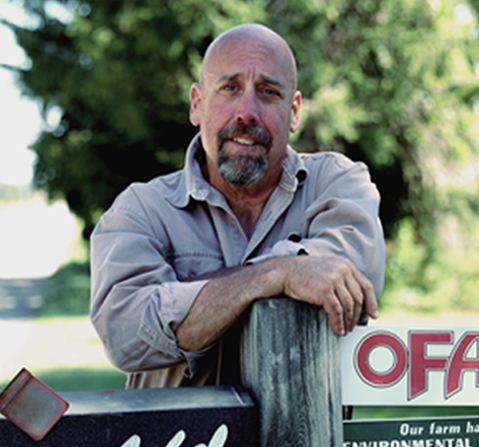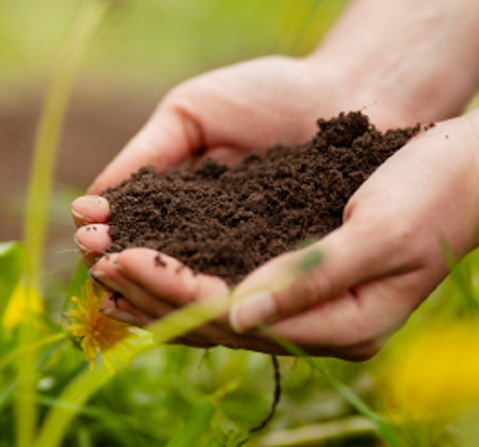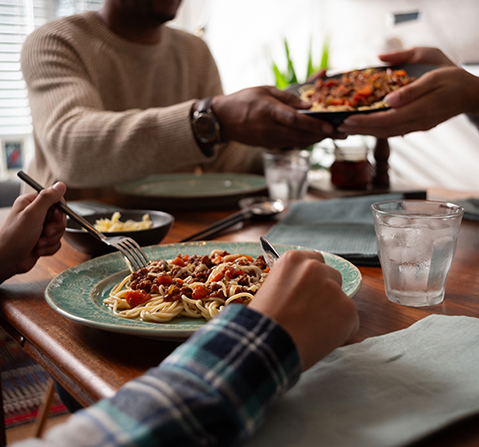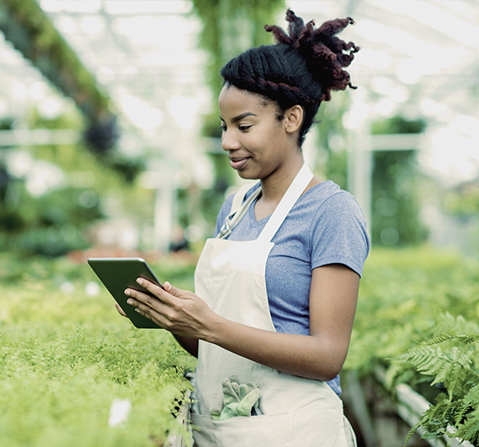Jacqueline Dwyer and Noel Livingston connect culture, communities and crops in Toronto
It all started with a strawberry.
When Jacqueline Dwyer was looking for a way to show her children the power of the earth, she began to grow strawberries with them, igniting a lifelong love for the land and growing food. Soon, her downtown Toronto backyard produced many strawberries and vegetables that she began to share with her neighbours. Little did Jaqueline and her partner Noel Livingston know that this backyard garden would be the beginning of a bigger story, bringing together food, culture and community.
Starting from scratch
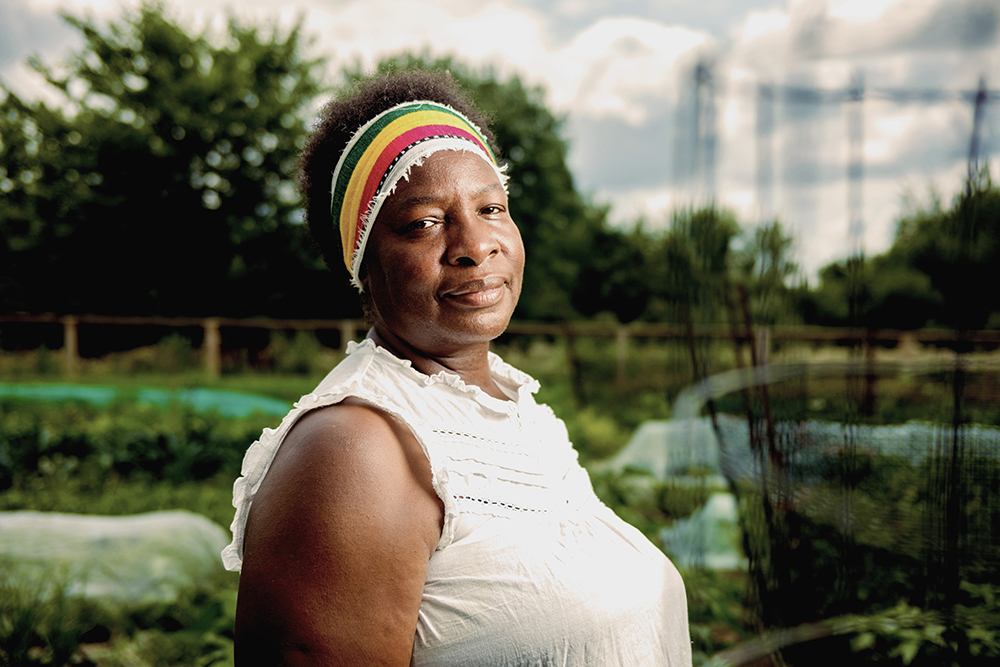
Jacqueline and Noel come from Jamaica, where food is integral to the culture. They wanted to share that important connection with their community in Canada, but soon discovered that many community members faced barriers in finding fresh, healthy, and culturally relevant foods, particularly traditional Jamaican crops. They wanted to grow the vegetables themselves but that required tools and the space to garden, not easy to find in downtown Toronto. And so, the couple joined an urban farming program, gaining access to gardening tools and a plot of land just under 100-metres-square in Downsview Park.
As days turned into weeks, and seeds grew into crops, it became clear to both of them that they were doing something right. "We had a very successful first year," Jacqueline recalls of learning to grow food on a larger scale. "It was very impactful." They had more than enough produce for themselves and were able to share with their community.
This community-spirit inspired Jacqueline and Noel to found the Toronto Black Farmers Collective in 2013. This new farm would prioritize food affordability and accessibility, while putting culture and community at the forefront. Corn, beans and beets grew side-by-side with callaloo, okra, and Scotch bonnet peppers—foods common to some Caribbean cultures. As their urban farm expanded, they supported many new farmers who also took up trowels to learn about growing their own food. They had momentum, but Jacqueline and Noel wanted to take their community-focused urban farm even further.
A connective collective
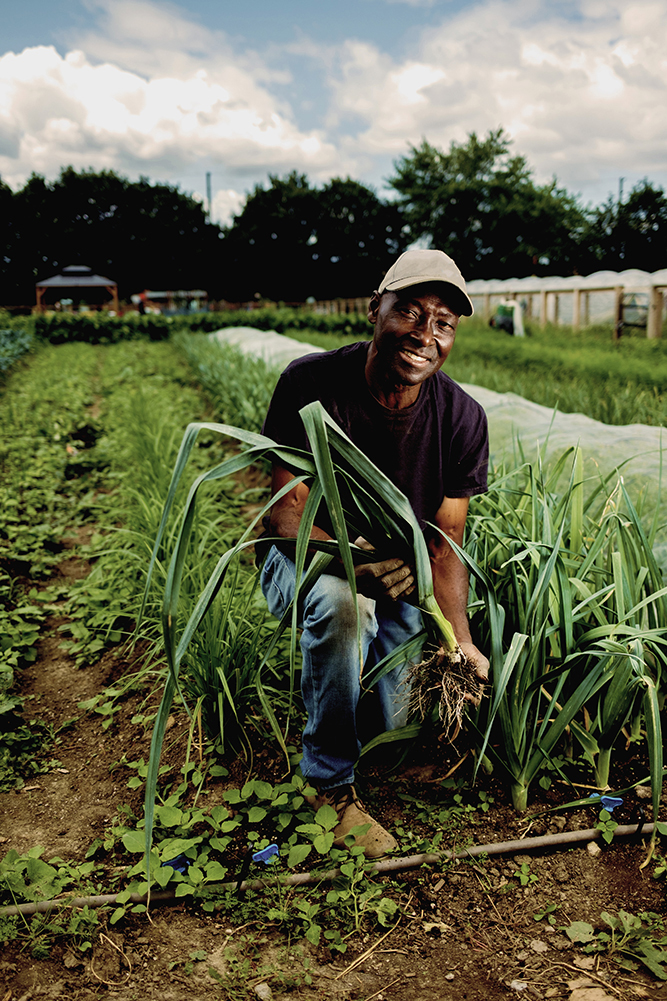
Having seen the strong role cultural foods play in the life of a community, Jacqueline and Noel started to explore how the Toronto Black Farmers Collective could raise awareness about the cultural importance of the foods they were growing. They cofounded the Afro-Caribbean Farmers Market, sold their produce at cultural food festivals, and ran a teaching garden on their urban farm. They've even taken steps to reduce "food deserts"—areas that don't typically have access to affordable and nutritious foods—by setting up pop-up markets to sell their produce.
The couple works every day to strengthen the link between food and culture. They want to ensure the people in their community not only have access to fresh and healthy food, but food that is also culturally important to them. And with help from other organizations and farmers, they're using the power of food to give other cultural communities a sense of belonging in Canada. "We work hard to grow our food, knowledge, and culture so the sense of self isn't lost," Noel says proudly.
Jacqueline has come a long way since that first strawberry. With The Toronto Black Farmers Collective, she and Noel are forging an essential connection between people and their food, ensuring the health and well-being of their communities are forever intact. Because as Jacqueline and Noel know very well, future generations will reap the rewards of the seeds we sow today.
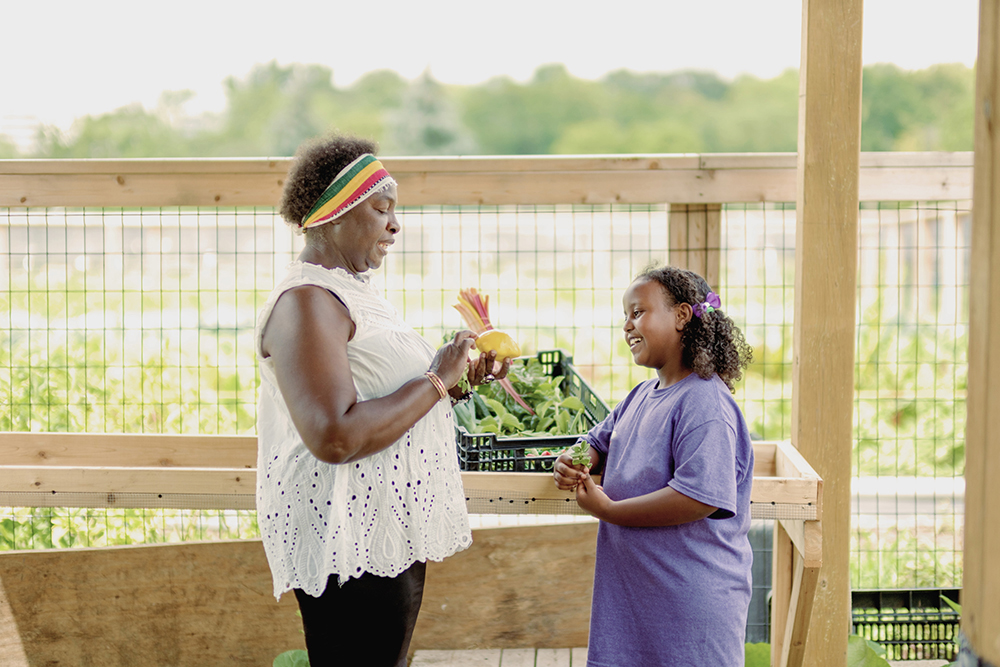
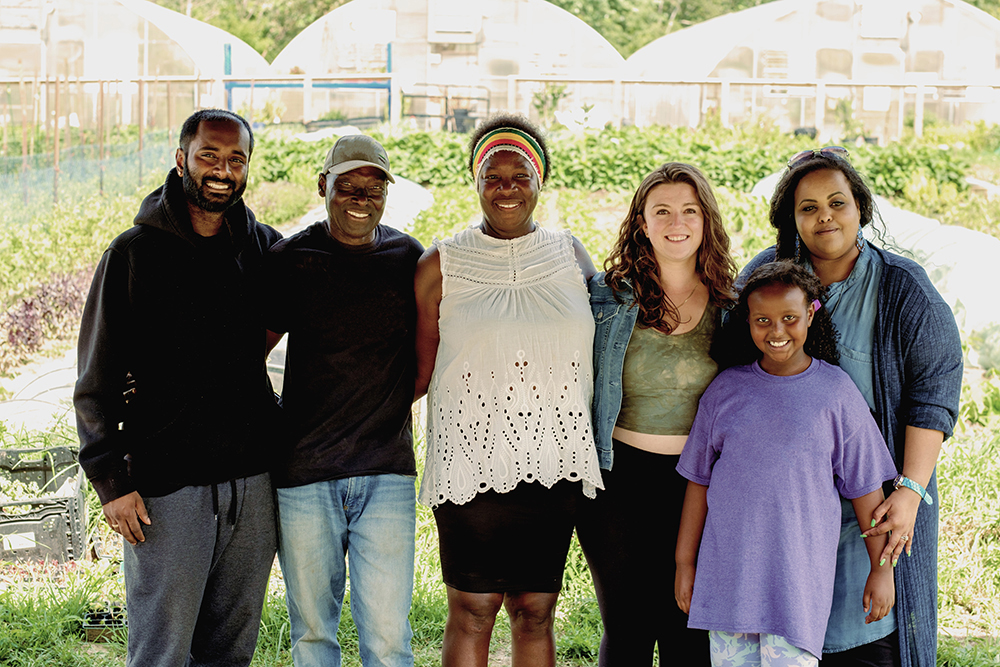
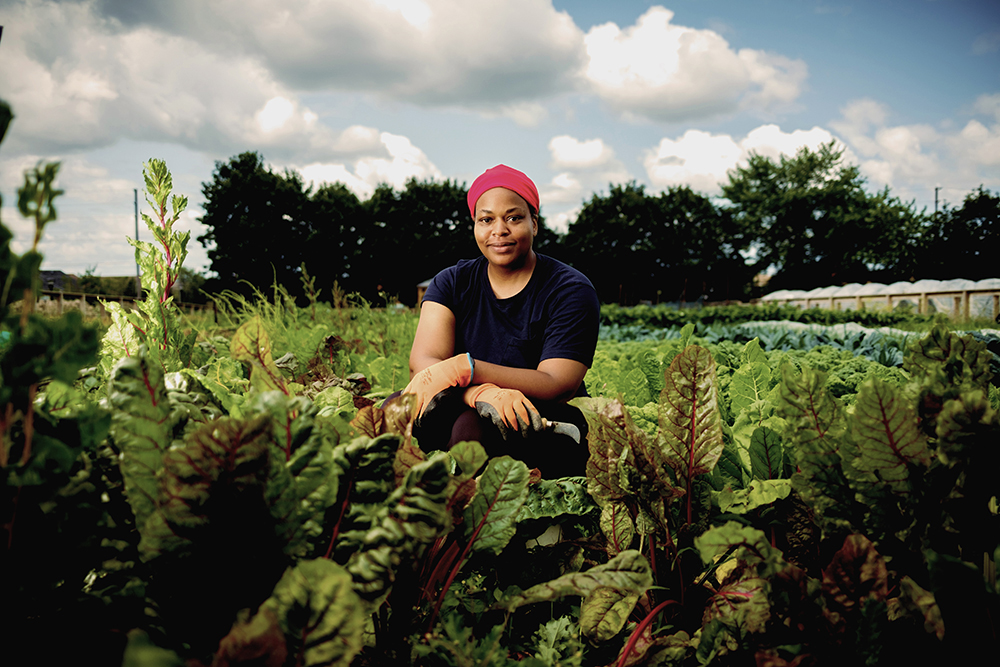

What is culturally relevant food?
Culturally relevant foods are foods that are important and significant to a particular culture. The preparation and consumption of foods also contribute to cultural relevancy and can increase the connection between an individual and the wider community. The benefits are many: healthier diets, reducing food waste, greater food security, and can preserve tradition and cultural heritage.
